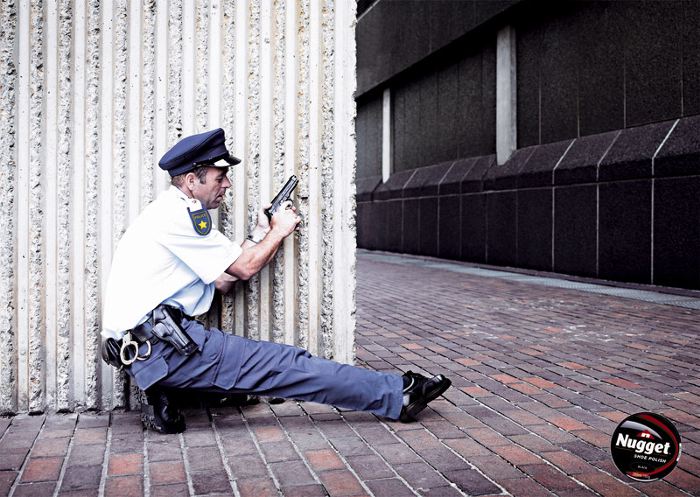I recently finished Cormac McCarthy’s The Road. It’s the story of a father and his son as they wander a post-apocalyptic America. The boy in the book is a little older than my son Clayton–ten or eleven, maybe.
Some kind of catastrophe has burned away almost everybody and everything. The people and places that remain are for the most part dangerous. Shelter is hard to come by; food harder still.
The father keeps reassuring the boy that they are a pair of the “good guys.” The bad guys are murderers, slave drivers, and cannibals.
The father and the boy are always tired, always cold, always hungry. They talk about carrying the fire in them, but they don’t go into details.
They are not named. Their story is not divided into chapters.
Many passages come to me at odd moments. I remembered this one last night when I was awakened by Jackson. His covers had slipped off, and he was cold.
In the late afternoon it began to rain. They left the road and took a dirt drive through a field and spent the night in a shed. The shed had a concrete floor and at the far end stood some empty steel drums. He blocked the doors with the drums and built a fire in the floor and he made beds out of some flattened cardboard boxes. The rain drummed all night on the steel roof overhead. When he woke the fire had burned down and it was very cold. The boy was sitting up wrapped in his blanket.
What is it?
Nothing. I had a bad dream.
What did you dream about?
Nothing.
Are you okay?
No.
He put his arms around him and held him. It’s okay, he said.
I was crying. But you didnt wake up.
I’m sorry. I was just so tired.
I meant in the dream.


